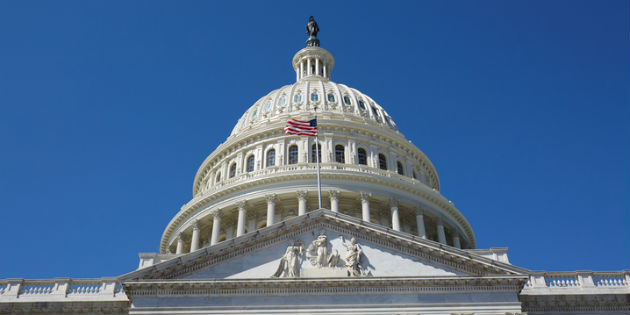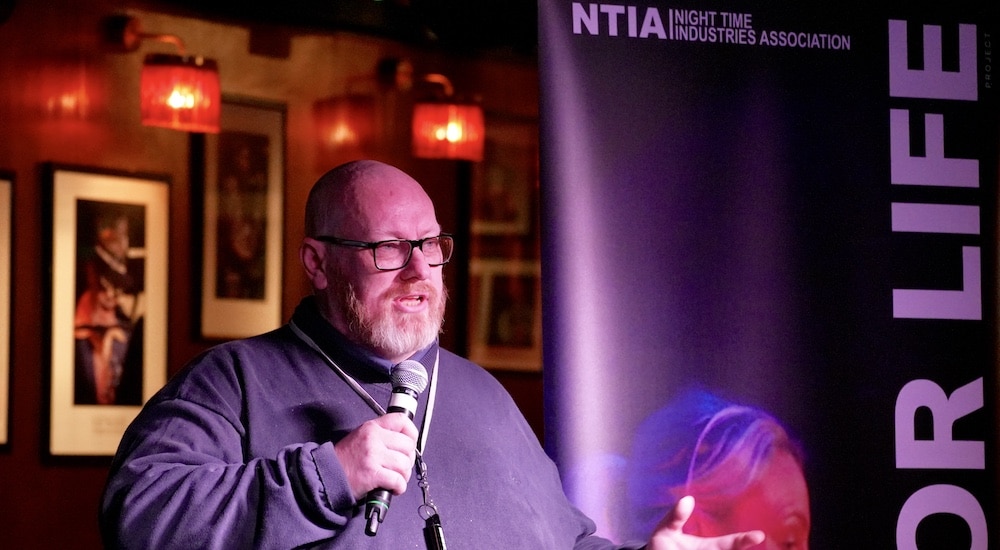Starkey tops med-tech spend on political contributions as OTC war tenses
Lobbying
All the big players in medical technology have been topped by Starkey-related political contributions of almost $700k in 2018 alone, mostly to Republican Party coffers.

According to the online medtech industry lookout, Medtech Dive, Starkey Hearing Technologies has been spending big for a louder voice on now-passed legislation allowing over-the-counter hearing aid sales.
Political lobbying to influence US representatives means making donations to campaign funds through individuals and political action committees (PACs), direct contributions from corporations being illegal under Federal law. Contributions from Starkey-related individuals have rocketed recently, records showing a total of $865,000 for the 2017-2018 election cycle. This figure dwarfs the previous highest Starkey spend of $20k in 2004.
Data from the Center for Responsive Politics shows that 80% of Starkey’s 2018 spend has gone to the Republicans, the remaining 20% going to the Democrats. Among Starkey’s many famous users are two US presidents, Republican Ronald Reagan and Democrat Bill Clinton, the latter active in the firm’s charity work through the Starkey Hearing Foundation.
In the 2015-16 election cycle, Starkey was down in 19th place for contributions. It currently occupies first place, above such medtech giants as Medtronic and Boston Scientific.
The company has also contracted high-powered lobbyists to infuse their message among its political targets. It sees a great threat to its business model from deregulation, a legacy from the Obama administration that sought to “decrease the cost of hearing aids, spur technology innovation, and increase consumer choice options.”
Set to benefit from the US Food and Drug Administration’s drive to bring hearing aid prices down is the audio equipment firm Bose, now manufacturing its own OTC-ready devices. Other firms are also likely to dive in and disrupt a market in which Starkey currently vies with other firms facing the threat, such as ReSound, Sonova, and William Demant.
But no slowing down in this lobbying drive is envisaged by Starkey President Brandon Sawalich, who argues that patient safety is best assured by having professionals fine tune personal devices.
Source: Medtech Dive


